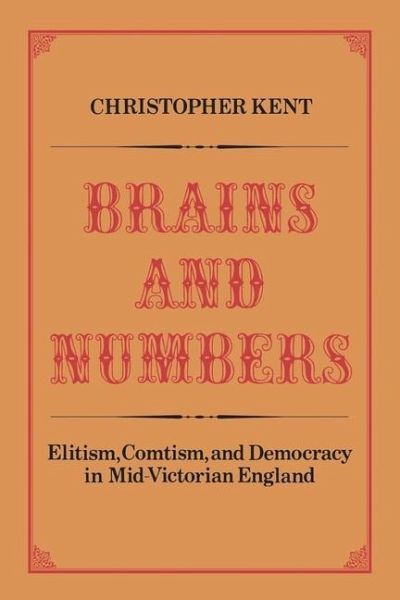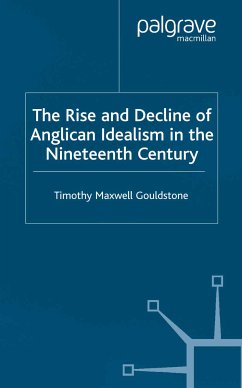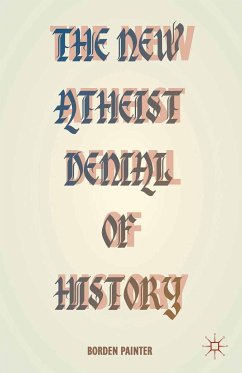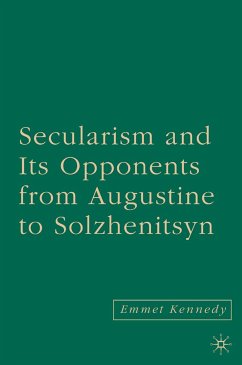
Brains and Numbers (eBook, PDF)
Elitism, Comtism, and Democracy in Mid-Victorian England

PAYBACK Punkte
0 °P sammeln!
A group of Oxford graduates, influenced by Arnold and later by Comte, formed the core of a generation of academic radicals who attempted to define the role of an educated elite in an emerging industrial mass democracy. This perceptive study of the English academic scene traces the emergence of Comtism in the university community and examines its expression in the ideas of Frederic Harrison and John Morley.The social and political dimensions of Comte's ideology in England are commonly considered to have been obscured by the tendency to regard it as a sort of eccentric religious sect. This study...
A group of Oxford graduates, influenced by Arnold and later by Comte, formed the core of a generation of academic radicals who attempted to define the role of an educated elite in an emerging industrial mass democracy. This perceptive study of the English academic scene traces the emergence of Comtism in the university community and examines its expression in the ideas of Frederic Harrison and John Morley.The social and political dimensions of Comte's ideology in England are commonly considered to have been obscured by the tendency to regard it as a sort of eccentric religious sect. This study demonstrates the subtlety with which Harrison applied positivist ideas to mid-Victorian politics and the generally underestimated influence of Comte in Morley's political thought. Both men looked to the frank liticism of Comte in Morley's political thought - in both thought and action - the political claims of 'brains and numbers.' It was, as the book shows, an attempt singularly appropriate to the requirements of an educated middle class. Set within the context of mid-Victorian academic radicalism, the appeal of Comtism becomes more clear.This book brings together a complex of philosophical, political, and religious ideas. It reflects the Victorian intellectual's perspective on the process and problems of social change.
Dieser Download kann aus rechtlichen Gründen nur mit Rechnungsadresse in A, B, BG, CY, CZ, D, DK, EW, E, FIN, F, GR, HR, H, IRL, I, LT, L, LR, M, NL, PL, P, R, S, SLO, SK ausgeliefert werden.













